- arrow_back
- Home
- –
- You can help
- –
- Join the movement for girls’ rights
Join the movement for girls’ rights
Around the world, including here in Australia, girls still don’t have equal rights – and that has to change. That’s why we’re standing with young people as they campaign on the issues that matter most to them, from child marriage and trafficking to street harassment and sexual exploitation at work.
Will you join the movement fighting for girls’ rights?
Right now, millions of girls are being married as children. Forced out of school. Killed by violence. Half the world’s population is being held back by inequality, but it doesn’t have to be this way. When girls are empowered to speak up, know their rights and lead, they can create a better, more equal world.
And a better now for girls, means a better future for everyone.
When girls are educated and supported – their entire family and community benefits, including boys and men. Because gender inequality affects absolutely everyone. By standing with girls and empowering them to speak up, know their rights and lead, we’re working towards a better, more equal world for all. Every day, girls are taking on new issues in their communities and we need your help to stand with them. Whether that is signing a petition or emailing your MP, we’ll let you know what you can do to stand with girls and make real change.
Our Campaigns
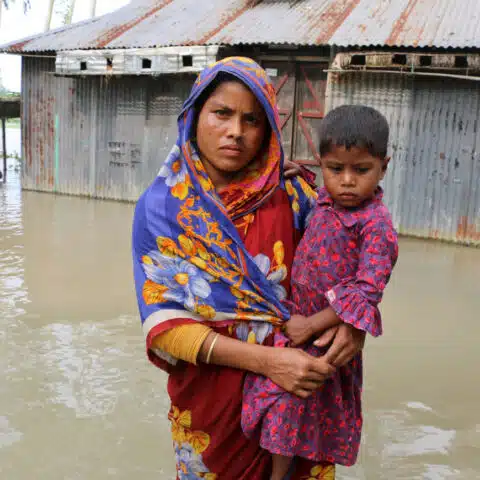
COP28: Global Climate Justice
COP28: Global Climate Justice
Ceasefire in Gaza now
Ceasefire in Gaza now
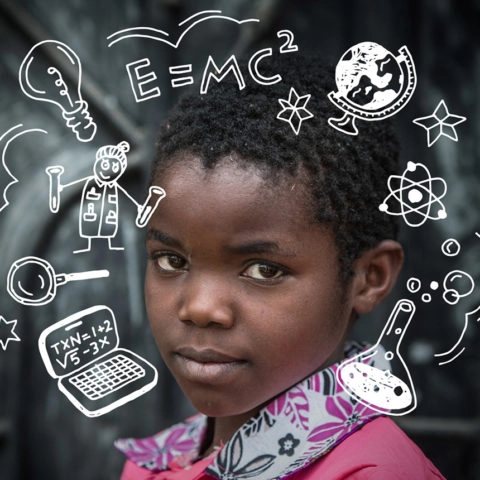
Education cannot wait
Education cannot wait
By standing with young people to make change, you’ve been part of some huge wins in recent years.
Our campaigning model is simple and, most importantly, youth-led. We work with young people and youth activists around the world to find out what meaningful change would look like in their communities and how it can be achieved. Then with your support, we stand with them as they lead campaigns and lobby those in power to create lasting impact.
We’ve seen girls across the globe change their futures in this way, taking on issues from child marriage to living safely in the world’s cities – including in Melbourne.
But every day, girls are still being discriminated against just for being girls – and we’re still a long way away from achieving gender equality. That’s why we need you to join the movement and stand with young people everywhere in the fight for equal rights.
When girls are treated as equals all children will benefit. We are determined to see a world where all children are valued as equal and the most marginalised children are heard.
Wins and updates
-
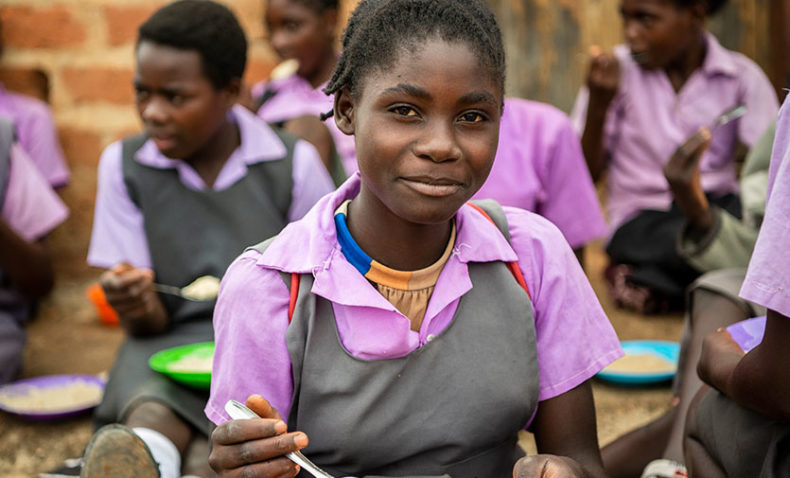
In the midst of the global hunger crisis, with 50 million people on the brink of famine, we campaigned alongside other organisations in the humanitarian sector for urgent funding from the Australian government to help save lives.
In 2023, the Australian Government announced an additional $69 million emergency assistance package to support famine affected communities since we launched the Help Fight Famine campaign.
The funds will go towards providing food, water and other essential support.
-
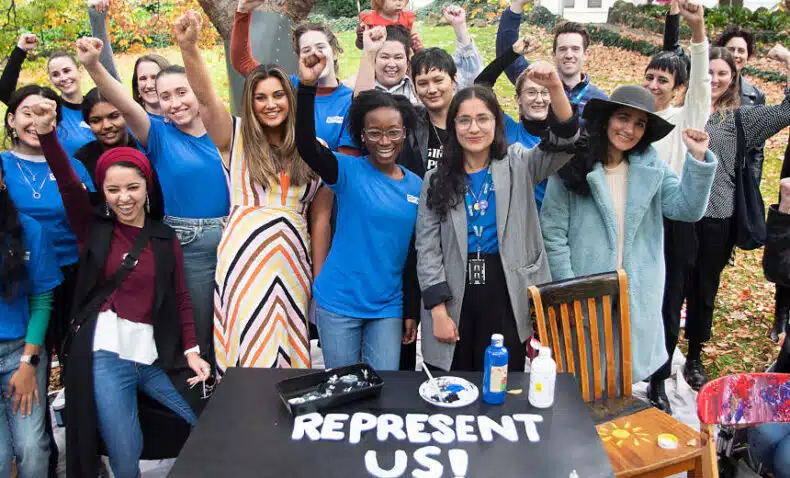
In the 2022 federal election, we called on political parties to urgently set targets to ensure our Parliament reflects the diversity of the country we live in, because young women and gender-diverse people deserve a place in our democracy.
Thanks to your support, the new Parliament has greater representation of both women and people of different ethnicities.
-
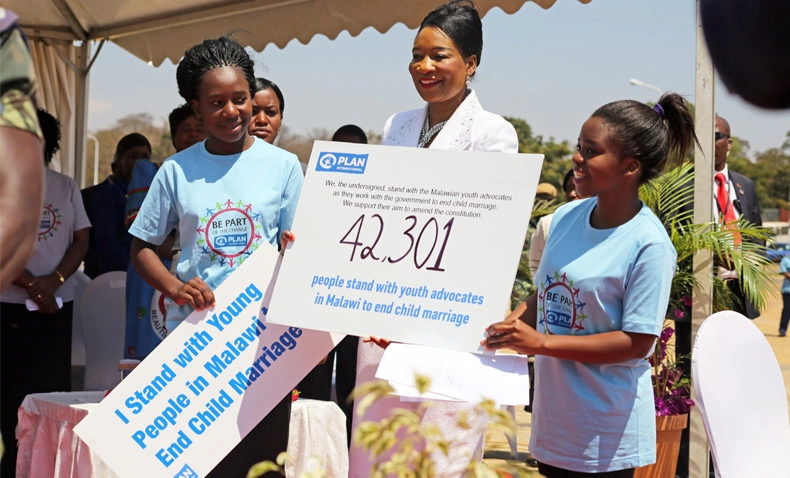
You supported a group of young campaigners who were determined to change the high rates of child marriage in their country – more than half of young women were married as children.
In 2015 a Bill was passed by the Malawian government that outlawed child marriage. But the new law was undermined by the country’s constitution, which still allowed children to be married from 16, with parental consent.
In partnership with Plan International,meli the youth activists continued their campaign to close this loophole. Together we launched a petition, asking people around the world to stand with young activists and more than 42,000 of you did! Your support made sure their voices were heard and in February 2017 the government approved a bill to make child marriage illegal, for good!
-
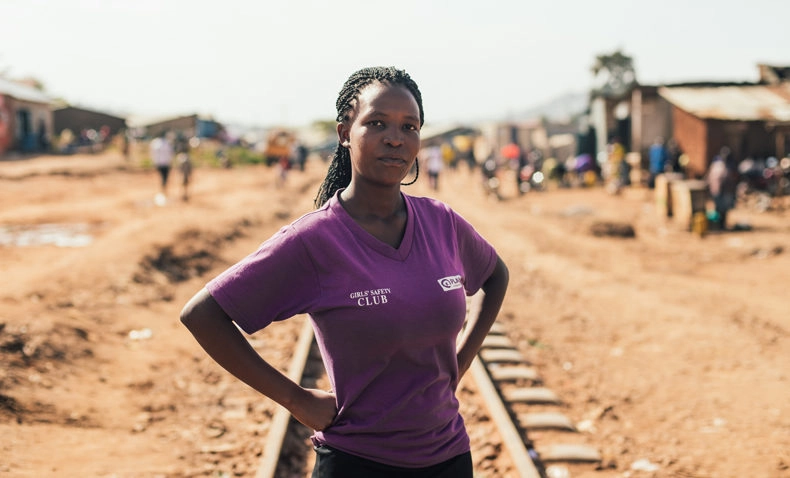
Thousands of you stood with young people in Kampala to make their city safer for everyone. Youth campaigners, Jacklin, Sharon and Zahara asked the Kampala Capital City Authority (KCCA) to step up efforts to rid Kampala of all forms of violence and harassment – and the KCCA said yes!
These young women are part of Plan International’s Safer Cities program in Kampala, which has already had success working with local authorities, police and boda boda (motorcycle taxi) drivers to address threats to girls’ safety in the city. The practical steps they’ve asked for in their campaign were drawn from the everyday experiences of girls and young women.
With your signatures in hand, Jacklin, Sharon and Zahara met with the KCCA, and were thrilled when the authority agreed to their demands. They will now work closely with the KCCA as the actions are implemented.
-
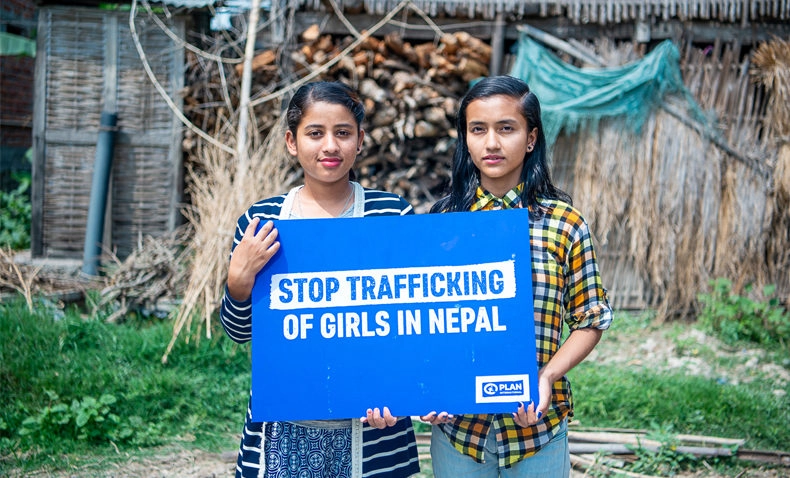
Every day, girls are being trafficked within Nepal, across the border into India and overseas. They’re being forcibly taken, coerced, targeted by men posing as their boyfriends and lured with the promise of work and a new life.
Once they’re taken away from their homes, these girls are being sexually exploited in brothels. They’re being forced into child marriage, domestic servitude and to work in clothes factories. They’re being abused for others’ gain, and it has to stop.
That’s why we asked you to share your messages of support with youth advocates Sarita and Sabina and sign their petition, as they campaigned to get their Mayor to take action – and the response was overwhelming, with more than 46,000 of you around the world adding your name.
With your support, Sarita and Sabina asked their Mayor to commit to end the trafficking of girls in Nepal – and he’s agreed to take action. As a result, a new public awareness campaign will be launched, to make sure every girl in their area knows about the risks.
-
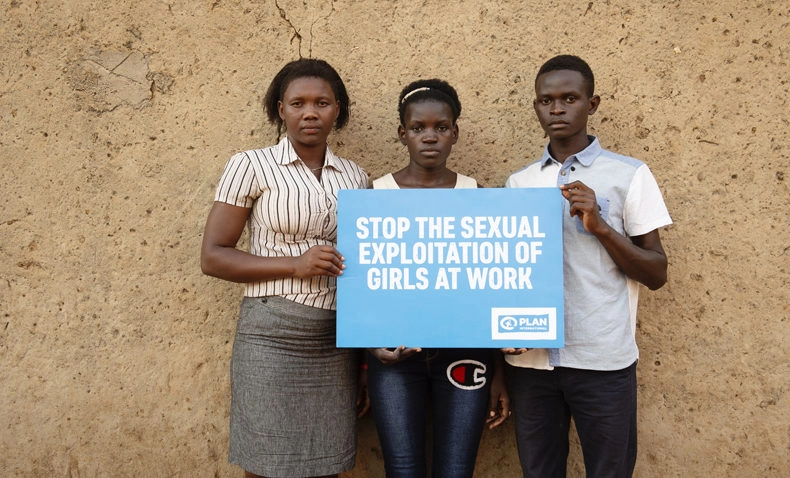
In Uganda, as many as one in ten girls have been affected by sexual abuse and exploitation, and girls tell us that this is a real issue for them at work. In bars, restaurants and lodges, girls are being coerced into having sex with the boss to get their job – and forced to have sex with customers to keep it.
Living in poverty with little option for escape means that many girls and young women are at high risk of exploitation. Financially desperate, and often with children, parents and siblings to support, they have no choice but to stay in the job, hoping it will get better.
When they are brave enough to speak out about what’s happening to them, they’re often ignored, not taken seriously, or silenced. It’s a terrible abuse of power – and it has to stop.
Over 500,000 people around the world, including from Australia, stood in solidarity with Ugandan youth advocates Faridah, Fiona and Rowlings. Together, we secured a commitment by the Ugandan Government to launch a review into the sexual exploitation of girls and young women at work.
-
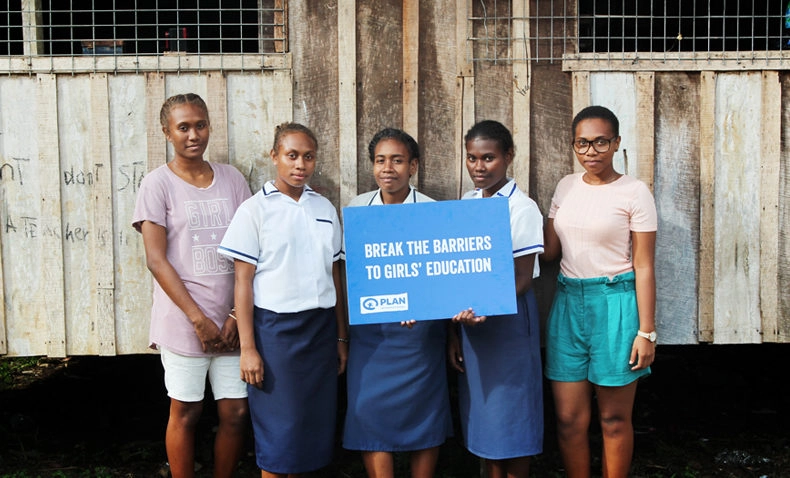
Girls in the Solomon Islands know how important it is to get a good education. It’s critical to getting a good job and being able to contribute to their family and community.But many girls are missing out because their families can’t afford to send them to school.
Education is expensive – especially in senior secondary school where fees increase dramatically. Families who are struggling face hard choices and it’s often girls who get left behind. With boys’ education often prioritised, too often girls have to drop out of school to work or look after their siblings, while their brothers get to finish high school.
Girls around the Solomon Islands worked together to create a ground-breaking report which reveals the biggest barriers to their education. With support from people in the Solomon Islands and Australia, our youth champions are calling on their government to end school fees.
-
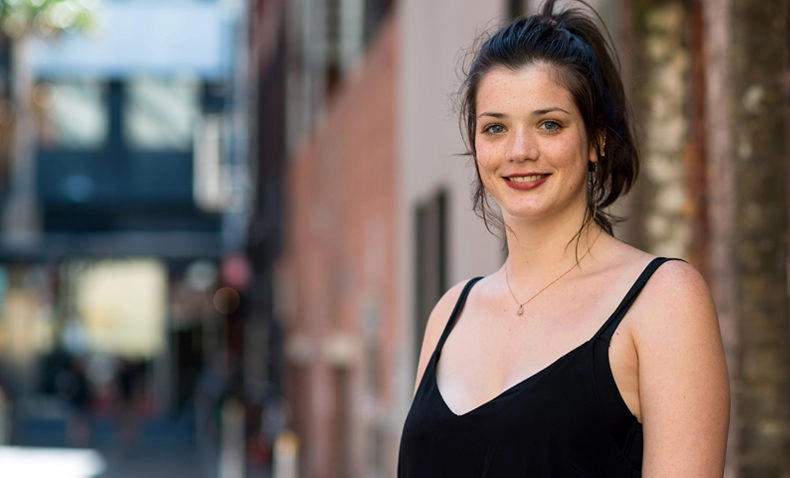
Free to Be was a ground-breaking research project which enabled young women in Sydney, Delhi, Kampala, Lima and Madrid to identify and share public spaces that make them feel uneasy and scared, or happy and safe.
Following the release of the research findings on International Day of the Girl in 2018, Plan International Youth Activists have been advocating with the Greater Sydney Commission, NSW transport authorities, and other organisations to implement the recommendations.
The Women’s Safety Charter builds on our groundbreaking research on girls’ experiences as they move around cities. It also draws from the Women’s Night Safety Charter operating in London, and our work with the Committee for Sydney on the social and economic impact of girls and women being and feeling unsafe in the city (Safety After Dark, 2019).
To address the research recommendations, Sydney’s charter goes beyond international initiatives like London’s Night Safety Charter by acknowledging that harassment and abuse doesn’t just happen at night, focusing on improved reporting processes, and establishing mechanisms for ongoing data collection to build understanding of the issue. Read more.
-
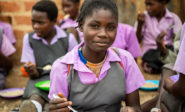
Help Fight Famine
-
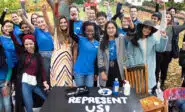
Improving representation in Parliament
-
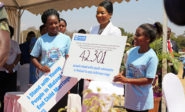
Outlawing child marriage in Malawi
-
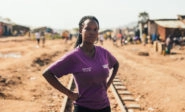
Making Kampala Safe For Girls
-
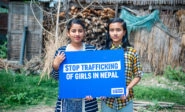
Ending the trafficking of girls in Nepal
-
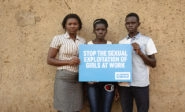
Stopping the sexual exploitation of girls at work in Uganda
-
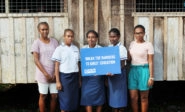
Tackling school fees in the Solomon Islands
-
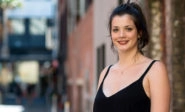
Making Sydney safer
